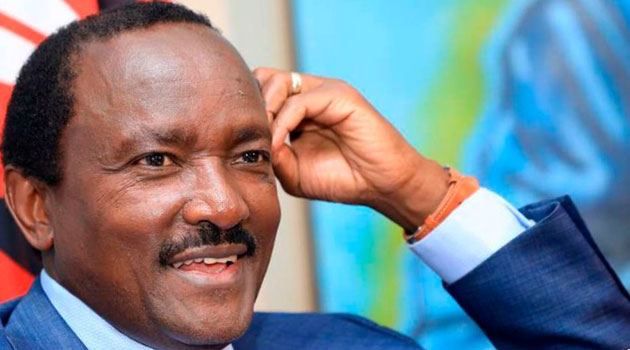NAIROBI, Kenya Jan 11 – Wiper leader Kalonzo Musyoka has raised objections to the recent 16 per cent increase in electricity prices, expressing concerns about its adverse impact on Kenyan citizens.
Kalonzo said President William Ruto’s government has been failing Kenyans by continually raising taxes, making life difficult for Kenyans.
He further noted that these price hikes had led to an escalation in the cost of living, leaving Kenyans feeling “tired, hungry, and angry.”
“The 16 per cent increase in tokens by @KenyaPower is the latest unacceptable burden on tired, hungry, and angry Kenyans. This is a clear example of the government’s inability to address the rising cost of living,” he declared.
“They may want to plunge us into darkness, but I want to remind them that there is light in the darkness,” he added on his X platform.
The rise in electricity token prices can be attributed to surcharges, including the fuel cost charge and foreign exchange rate fluctuations due to the weakening shilling.
As a result, consumers are now expected to pay 16.5 per cent more for electricity, with prices increasing to Sh4.33 per unit from Sh3.98 in December 2023.
Musyoka’s protest underscores the need for government accountability in managing essential services and ensuring that citizens can afford the basic necessities of life. By Irene Mwangi, Capital News






